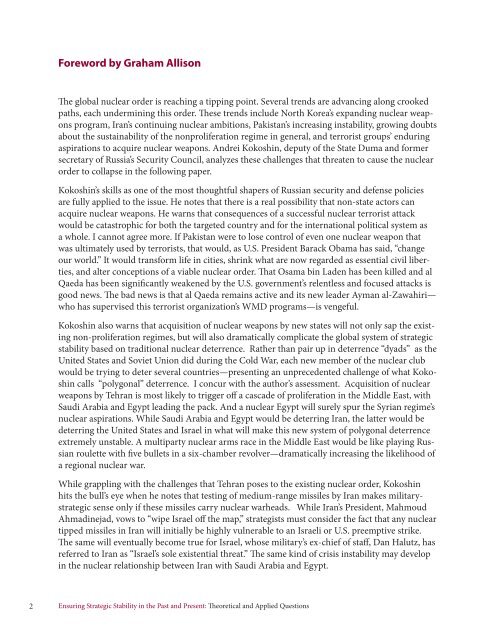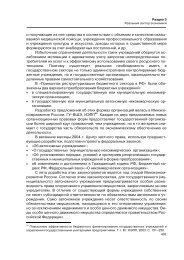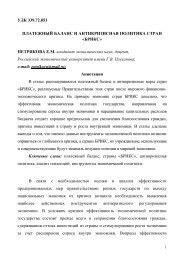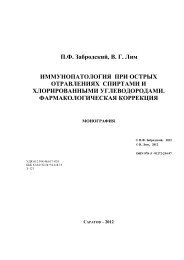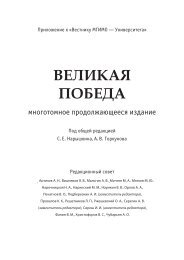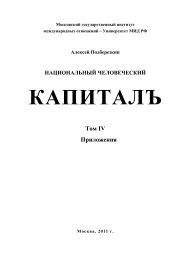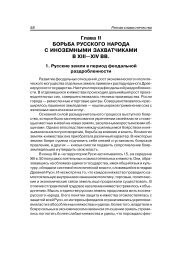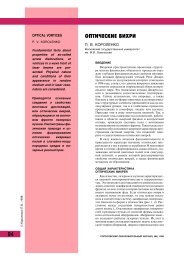Ensuring Strategic Stability in the Past and Present:
Ensuring Strategic Stability in the Past and Present:
Ensuring Strategic Stability in the Past and Present:
Create successful ePaper yourself
Turn your PDF publications into a flip-book with our unique Google optimized e-Paper software.
Foreword by Graham AllisonThe global nuclear order is reach<strong>in</strong>g a tipp<strong>in</strong>g po<strong>in</strong>t. Several trends are advanc<strong>in</strong>g along crookedpaths, each underm<strong>in</strong><strong>in</strong>g this order. These trends <strong>in</strong>clude North Korea’s exp<strong>and</strong><strong>in</strong>g nuclear weaponsprogram, Iran’s cont<strong>in</strong>u<strong>in</strong>g nuclear ambitions, Pakistan’s <strong>in</strong>creas<strong>in</strong>g <strong>in</strong>stability, grow<strong>in</strong>g doubtsabout <strong>the</strong> susta<strong>in</strong>ability of <strong>the</strong> nonproliferation regime <strong>in</strong> general, <strong>and</strong> terrorist groups’ endur<strong>in</strong>gaspirations to acquire nuclear weapons. Andrei Kokosh<strong>in</strong>, deputy of <strong>the</strong> State Duma <strong>and</strong> formersecretary of Russia’s Security Council, analyzes <strong>the</strong>se challenges that threaten to cause <strong>the</strong> nuclearorder to collapse <strong>in</strong> <strong>the</strong> follow<strong>in</strong>g paper.Kokosh<strong>in</strong>’s skills as one of <strong>the</strong> most thoughtful shapers of Russian security <strong>and</strong> defense policiesare fully applied to <strong>the</strong> issue. He notes that <strong>the</strong>re is a real possibility that non-state actors canacquire nuclear weapons. He warns that consequences of a successful nuclear terrorist attackwould be catastrophic for both <strong>the</strong> targeted country <strong>and</strong> for <strong>the</strong> <strong>in</strong>ternational political system asa whole. I cannot agree more. If Pakistan were to lose control of even one nuclear weapon thatwas ultimately used by terrorists, that would, as U.S. President Barack Obama has said, “changeour world.” It would transform life <strong>in</strong> cities, shr<strong>in</strong>k what are now regarded as essential civil liberties,<strong>and</strong> alter conceptions of a viable nuclear order. That Osama b<strong>in</strong> Laden has been killed <strong>and</strong> alQaeda has been significantly weakened by <strong>the</strong> U.S. government’s relentless <strong>and</strong> focused attacks isgood news. The bad news is that al Qaeda rema<strong>in</strong>s active <strong>and</strong> its new leader Ayman al-Zawahiri—who has supervised this terrorist organization’s WMD programs—is vengeful.Kokosh<strong>in</strong> also warns that acquisition of nuclear weapons by new states will not only sap <strong>the</strong> exist<strong>in</strong>gnon-proliferation regimes, but will also dramatically complicate <strong>the</strong> global system of strategicstability based on traditional nuclear deterrence. Ra<strong>the</strong>r than pair up <strong>in</strong> deterrence “dyads” as <strong>the</strong>United States <strong>and</strong> Soviet Union did dur<strong>in</strong>g <strong>the</strong> Cold War, each new member of <strong>the</strong> nuclear clubwould be try<strong>in</strong>g to deter several countries—present<strong>in</strong>g an unprecedented challenge of what Kokosh<strong>in</strong>calls “polygonal” deterrence. I concur with <strong>the</strong> author’s assessment. Acquisition of nuclearweapons by Tehran is most likely to trigger off a cascade of proliferation <strong>in</strong> <strong>the</strong> Middle East, withSaudi Arabia <strong>and</strong> Egypt lead<strong>in</strong>g <strong>the</strong> pack. And a nuclear Egypt will surely spur <strong>the</strong> Syrian regime’snuclear aspirations. While Saudi Arabia <strong>and</strong> Egypt would be deterr<strong>in</strong>g Iran, <strong>the</strong> latter would bedeterr<strong>in</strong>g <strong>the</strong> United States <strong>and</strong> Israel <strong>in</strong> what will make this new system of polygonal deterrenceextremely unstable. A multiparty nuclear arms race <strong>in</strong> <strong>the</strong> Middle East would be like play<strong>in</strong>g Russianroulette with five bullets <strong>in</strong> a six-chamber revolver—dramatically <strong>in</strong>creas<strong>in</strong>g <strong>the</strong> likelihood ofa regional nuclear war.While grappl<strong>in</strong>g with <strong>the</strong> challenges that Tehran poses to <strong>the</strong> exist<strong>in</strong>g nuclear order, Kokosh<strong>in</strong>hits <strong>the</strong> bull’s eye when he notes that test<strong>in</strong>g of medium-range missiles by Iran makes militarystrategicsense only if <strong>the</strong>se missiles carry nuclear warheads. While Iran’s President, MahmoudAhmad<strong>in</strong>ejad, vows to “wipe Israel off <strong>the</strong> map,” strategists must consider <strong>the</strong> fact that any nucleartipped missiles <strong>in</strong> Iran will <strong>in</strong>itially be highly vulnerable to an Israeli or U.S. preemptive strike.The same will eventually become true for Israel, whose military’s ex-chief of staff, Dan Halutz, hasreferred to Iran as “Israel’s sole existential threat.” The same k<strong>in</strong>d of crisis <strong>in</strong>stability may develop<strong>in</strong> <strong>the</strong> nuclear relationship between Iran with Saudi Arabia <strong>and</strong> Egypt.2<strong>Ensur<strong>in</strong>g</strong> <strong>Strategic</strong> <strong>Stability</strong> <strong>in</strong> <strong>the</strong> <strong>Past</strong> <strong>and</strong> <strong>Present</strong>: Theoretical <strong>and</strong> Applied Questions


